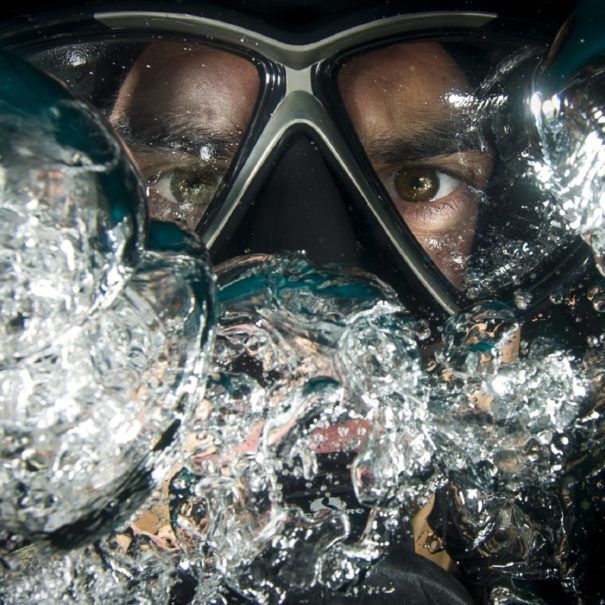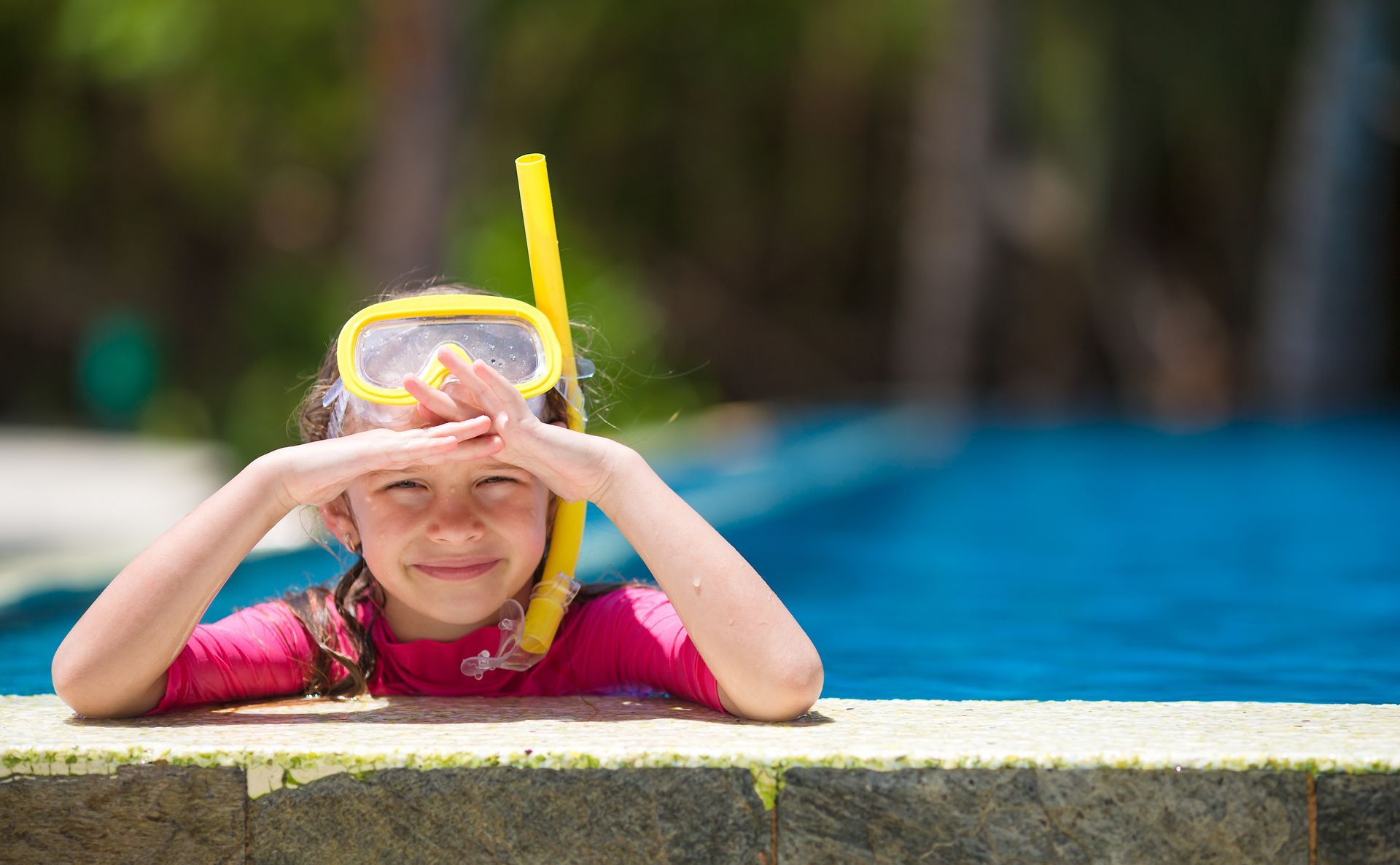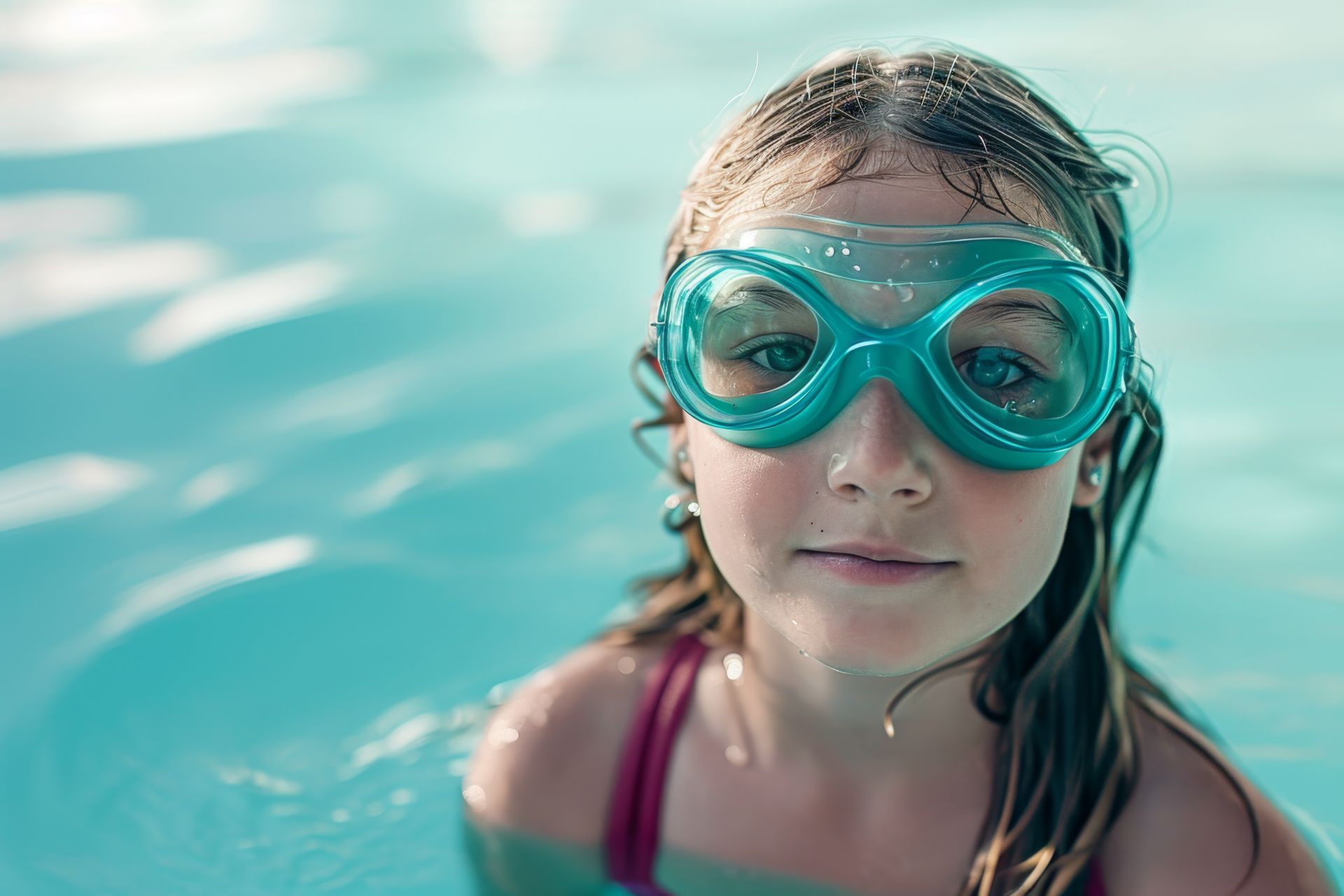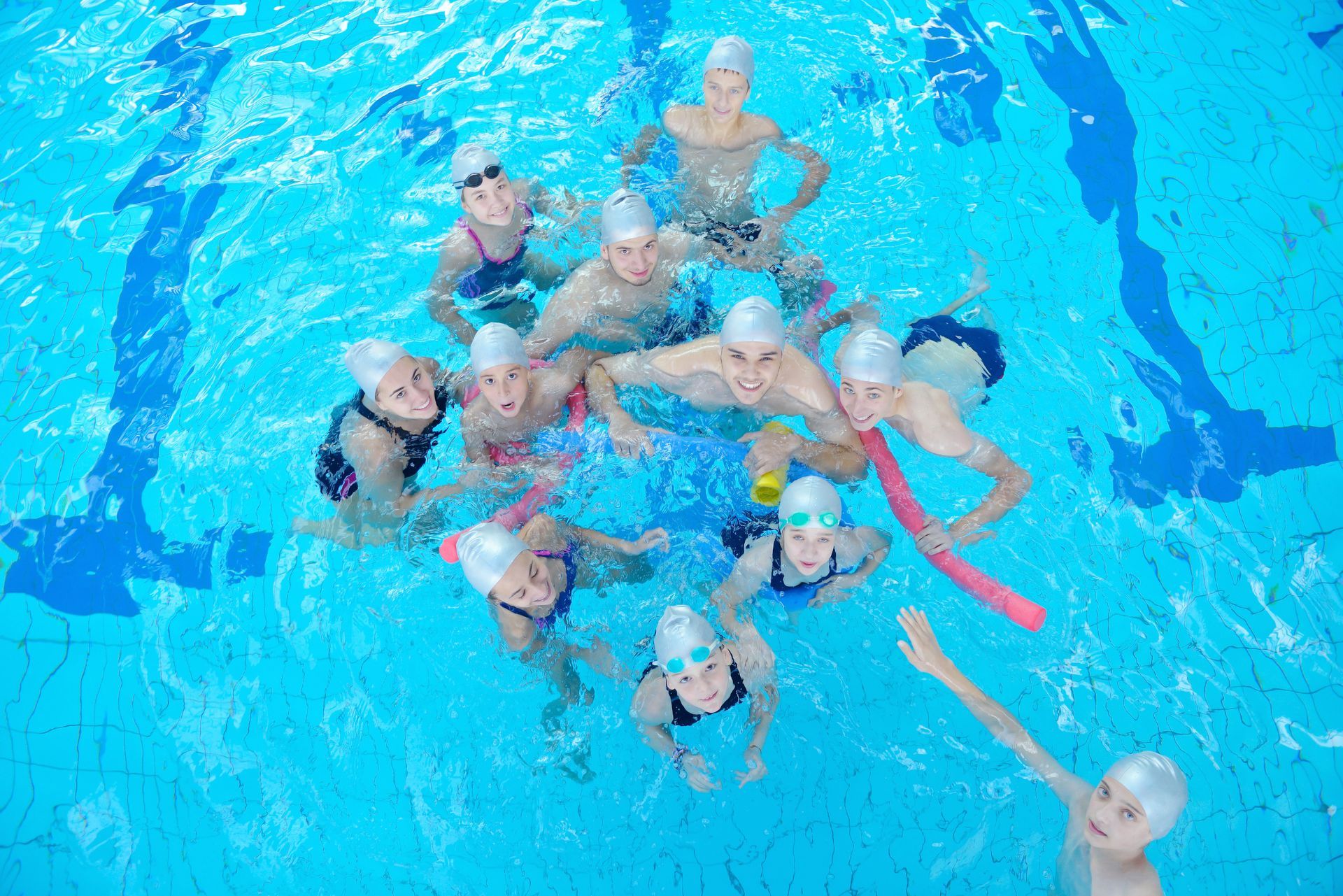Safety Skills You Must Learn When Becoming Scuba Certified

Scuba diving opens up a whole new world to anyone who experiences it. Sure, there are other underwater adventures you can go on that offer a similar experience, but there’s nothing quite like scuba diving in the amount of freedom to explore that you experience. In order to really enjoy the experience, you must first know how to be safe. That means learning essential scuba safety skills.
Hand Signals
You should never go scuba diving alone, and you’ll need a way to communicate with your fellow divers. Obviously you aren’t going to be able to communicate by talking when you’re underwater. Instead, scuba divers use specific hand signals to indicate things like being out of air or being okay. There are also signals for saying that something’s wrong, to stop, to ascend, to descend, to look at something, and to ask how much air you have left.
Emergency Ascent
Emergency ascents aren’t a normal occurrence, but knowing how to do one can save your life. As a part of becoming scuba certified, you learn a few different ways to do an emergency ascent. There are four emergency ascent techniques, including a normal ascent, an alternate air source ascent, an emergency swimming ascent, and a buoyant emergency ascent. It’s important to practice each technique frequently so you can execute the one that is appropriate for the situation without having to wonder what you’re supposed to do next and how to do it safely.
Breathing from a Free Flowing Regulator
Regulators are designed to allow air to flow freely if they malfunction. This allows you access to air if something goes wrong instead of cutting you off altogether. That can give you time to safely ascend to the surface where you can then breathe freely and exit the water safely. It takes practice to learn how to sip air from the bubbles that escape, so make sure you practice it so you know how to do it if you need to. That will help you focus more on making sure you’re ascending at a safe speed.
If you want to have fun while scuba diving, it is imperative that you know the skills that will help keep you safe if something goes wrong. Learning scuba hand signals, how to ascend in an emergency, and how to breathe from a free flowing regulator are just three of the essential skills you’ll need to know. It’s all part of the scuba certification process that you’ll complete before you become a certified scuba diver.
Read this next: Do I Need to Be a Strong Swimmer to Go Scuba Diving?
The post Safety Skills You Must Learn When Becoming Scuba Certified appeared first on Swim Jim.







